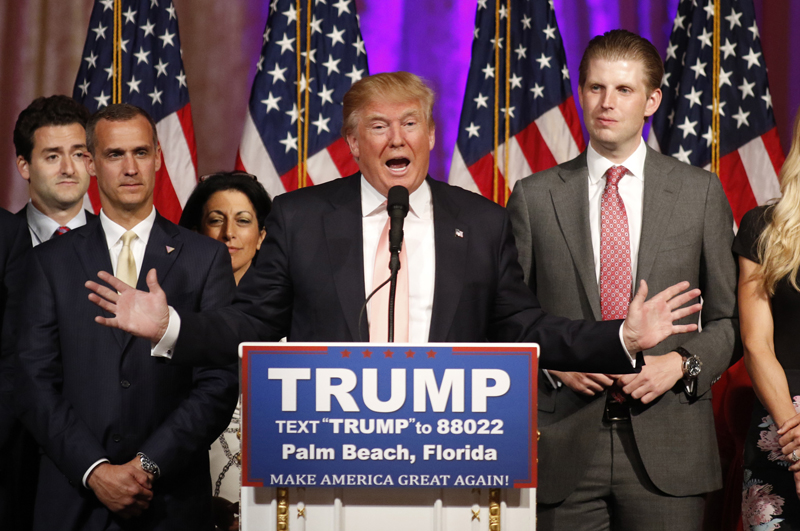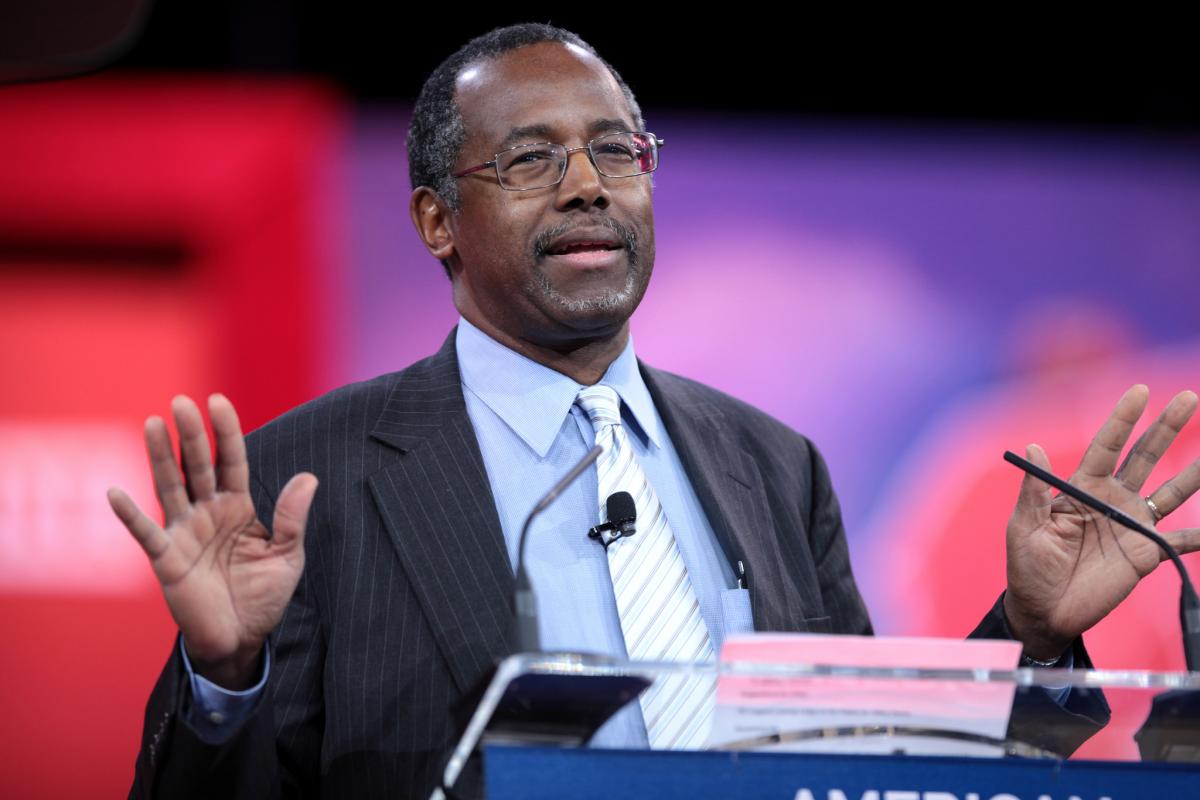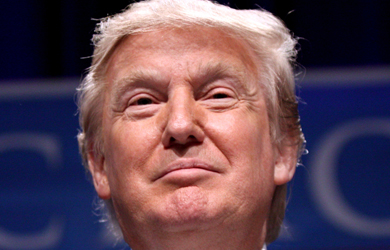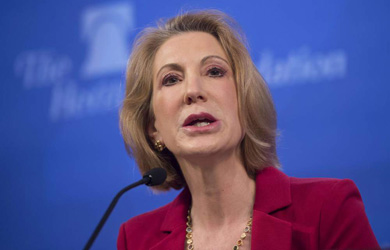Within hours of the death of Supreme Court Justice Antonin Scalia earlier this month, conservatives retroactively invented a bogus “tradition” that Supreme Court justices are never confirmed in presidential election years. That claim is demonstrably false, but conservatives are sticking with it in an attempt to justify their efforts to keep President Obama from naming the next Supreme Court justice.
Today, the pro-obstruction crowd thought it got a boost when a short clip of now-Vice President Joe Biden was unearthed from the depths of the C-SPAN archives. In the clip of the 1992 floor speech, Biden, who was then chairman of the Senate Judiciary Committee during what turned out to be the last year of George H.W. Bush’s presidency, urges the president to, in the event of a Supreme Court vacancy, “not name a nominee until after the November election is completed.”
Hypocrisy!
Well, not quite.
As ThinkProgress’ Igor Volsky and Biden himself have pointed out, when taken in context, that wasn’t Biden’s point. The then-senator made the remarks in the context of a long speech bemoaning the increased politicization of the confirmation process and, in Biden’s words, urging the White House and the Senate to “work together to overcome partisan differences to ensure the Court functions as the Founding Fathers intended.”
Secondly, even if you were to claim that Biden was offering some new rule for blocking Supreme Court nominations, that rule wouldn’t cover the current situation.
Look at the timestamp on the video. Biden was speaking on June 25, 1992 about filling a vacancy if a justice “resigns tomorrow or within the next several weeks resigns at the end of the summer.” By June 25, the presidential primaries were over and Bill Clinton was the presumptive Democratic nominee. That’s a very different point in an election year than we are in today, when the vacancy opened so very early on in the presidential nominating contests and with the risk of a Supreme Court seat remaining open for more than a year, severely disrupting two consecutive terms.
If you go back to read the transcript of Biden’s remarks, he repeatedly states that he is concerned about vacancies that occur “in the summer or fall of a presidential election year” — not vacancies that occur as early in the year as Justice Scalia’s did. The last four Supreme Court confirmations took an average of 75 days from nomination to confirmation, meaning that if President Obama nominates anyone in the next month, they could be confirmed well before the period that Biden was supposedly arguing should be off-limits for Supreme Court nominations.
There is still no “tradition” of shutting down judicial nominations for the entire last year of a presidency or of leaving the Supreme Court short-handed for an entire year.
And, as Volsky notes, while Biden didn’t face a Supreme Court vacancy in 1992, his Judiciary Committee did continue approving Circuit Court nominees well through the summer and fall of the election year, a stark contrast to current Republican threats to shut down the judicial nominations process entirely this year:
In 1992, Biden’s Judiciary Committee reported at least 1 circuit court nominee in Feb, April, May, June, August, Sep, Oct.
— igorvolsky (@igorvolsky) February 22, 2016







